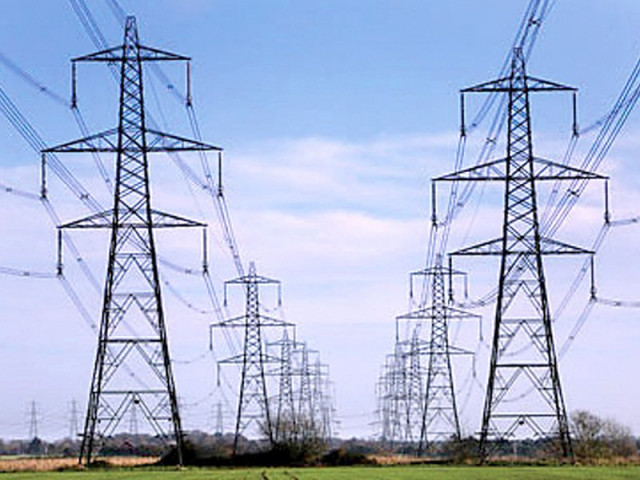No electricity in 35% K-P schools
Report says 12% have no toilets and 11% go without boundary walls

PHOTO: EXPRESS
A report collated by the Independent Monitoring Unit set up by the provincial government showed that 35 per cent of schools were still without electricity, 12 per cent had no toilets and 11 per cent were still without boundary walls.
According to the Education Department’s data, nearly 17,000 schools had been made functional across the province over the past three years. The number included 539 primary schools.
Another claim: ‘Electricity output to rise by 11,000MW’
The report stated that 386 schools were upgraded to middle school level, 385 middle schools upgraded to high schools while 207 high schools were upgraded to higher secondary schools.
The report showed that 12,000 additional classrooms, 13,600 school boundary walls, 16,000 toilets had been built in schools across the province.
Similarly, the government also provided electricity to 9,800 schools, including primary, middle and high schools in 25 districts.
Over the period under review, the government launched several initiatives, including the establishment of an independent monitoring unit (IMU), supported poor students under voucher scheme, introduced automatic management action system and trained around 83,000 teachers.
But according to a report issued by the provincial government’s own IMU in December last year, 35 per cent of schools across the province were still without electricity, 11 per cent were without boundary walls, 12 per cent had no toilets and 25 per cent were still without clean drinking water.
The IMU report showed that teachers’ attendance improved after it was determined that 86 per cent of teachers took regular classes while 82 per cent of non-teaching staff was available in schools.
Programme Manager at the Centre for Governance and Public Accountability (CGPA) Malik Massood Khan said that although the incumbent government was more focused on education, it failed to achieve set targets.
Stop telling lies, PM tells rivals
According to him, children in rural areas were still deprived of their right to education.
Criticising the government for not formulating a law in conformity with Article 25-A, he urged the provincial government to conduct a need-based survey across the province and fulfill the needs in all districts.
Khyber-Pakhtunkhwa’s Elementary and Secondary Education Minister Muhammad Atif Khan said that the government was forging ahead with its new policy for schools with a minimum requirement of six classrooms and six teachers in every government school.
Published in The Express Tribune, January 16th, 2017.













COMMENTS
Comments are moderated and generally will be posted if they are on-topic and not abusive.
For more information, please see our Comments FAQ